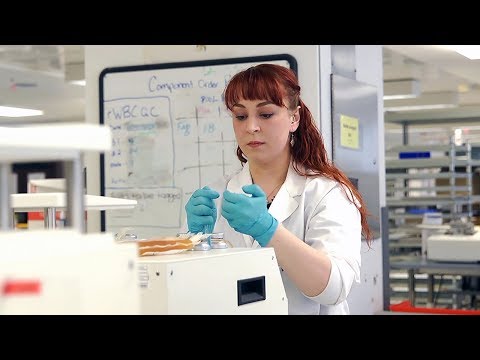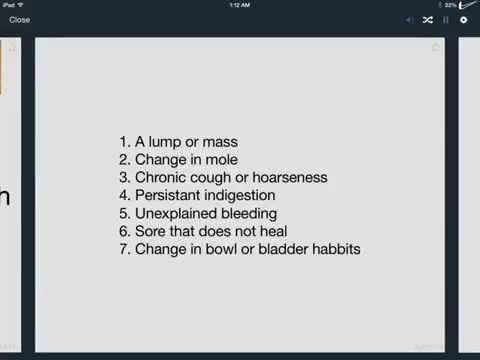What Do Medical Laboratory Assistants Do?
Contents [show]
Medical laboratory assistants play an important role in helping doctors and other medical professionals diagnose and treat patients. If you’re interested in a career in the medical field, read on to learn more about what Medical laboratory assistants do.
Checkout this video:
Job Description
A medical laboratory assistant (MLA) is a laboratory professional who performs a variety of routine tasks in support of medical laboratory technologists and other professionals.
MLAs typically collect and process blood and other body fluids, prepare slides for microscopic examination, perform clerical duties, and maintain lab equipment. They may also assist with testing procedures and quality control.
In larger laboratories, MLAs may specialize in one or more areas, such as histology (the study of tissues), microbiology (the study of organisms that cause disease), or immunology (the study of the body’s defense against disease).
Most MLAs have at least a high school diploma, although some jobs may require postsecondary education or training. Many MLAs enter the profession through on-the-job training or short-term certificate programs.
Duties
Medical laboratory assistants (MLAs) collect and process specimens from patients in hospitals, doctors’ offices, and regional and community laboratories. They also perform a variety of tests on these specimens. Other duties include preparing media and reagents for testing, operating and cleaning laboratory equipment, and maintaining laboratory records.
Education and Training
Education requirements for medical laboratory assistants vary by employer, but most require at least a high school diploma. Some employers prefer to hire candidates who have completed a postsecondary education program in medical lab technology, and some states have certification programs for medical lab technicians.
Most medical laboratory assistants complete on-the-job training, which typically lasts for several months. Training generally includes both classroom instruction and hands-on experience in the lab.
Salary and Job Outlook
An entry-level medical laboratory assistant earns a median annual salary of $32,480, and the job outlook for this profession is positive, with an expected growth rate of 11% from 2019 to 2029.
Medical laboratory assistants work in hospitals, clinics, and other healthcare facilities. They perform a variety of tasks, including preparing and analyzing specimens, operating lab equipment, and record-keeping.
To become a medical laboratory assistant, you will need to earn a postsecondary nondegree award or certificate. Some states regulate this profession and may require certification.
Certification
There are a few different ways to become certified as a medical laboratory assistant. One is to attend an accredited school and complete a training program. After completing the program, you will need to take a certification exam. The other way to become certified is to have on-the-job training and then take the certification exam.
Skills
Laboratory assistants typically need at least a high school diploma, although some jobs may require postsecondary education, and must complete on-the-job training. Those interested in this occupation should take courses in biology and chemistry.
Most states regulate medical laboratories, but requirements vary. Some states require laboratory personnel to be licensed, certified, or registered.
Laboratory assistants typically need at least a high school diploma, although some jobs may require postsecondary education, and must complete on-the-job training. Those interested in this occupation should take courses in biology and chemistry.
Most states regulate medical laboratories, but requirements vary. Some states require laboratory personnel to be licensed, certified, or registered
Working Conditions
Most medical laboratory assistants work in hospitals, medical clinics, or reference laboratories. They usually work regular full-time hours, but some positions may require overtime, especially in hospital settings.
Advancement Opportunities
Most medical laboratory assistants start their careers with on-the-job training. However, many hospital laboratories and some independent laboratories require certification or an associate degree for employment as a medical laboratory assistant. Medical laboratory assistants who are interested in performing more complex tests may take courses or earn a degree in medical laboratory technology. Some states regulate the use of the title “medical laboratory technologist” and may require certification and/or a license to perform certain tests.
Job Outlook
For those who have completed a training program and earned certification, the job outlook is good. According to the U.S. Bureau of Labor Statistics (BLS), employment of Medical assistants is expected to grow much faster than the average for all occupations through 2026, adding about 183,900 new jobs. The growing population is expected to increase demand for preventive medical services, which are often provided by Medical Assistants
FAQ’s
Medical Laboratory Assistants (MLA’s) are health care professionals who perform routine technical tasks in the medical laboratory. They work under the supervision of a qualified medical technologist or physician.
MLA’s collect and process patient specimens, prepare cultures, perform rapid testing such as pregnancy tests or blood typing, and operate and maintain laboratory equipment. They also may serve as phlebotomists, drawing blood from patients for diagnostic testing.
In large medical laboratories, MLA’s may specialize in a particular area of testing, such as histology (the study of tissues), microbiology (the study of microorganisms), or immunology (the study of the body’s immune system).







